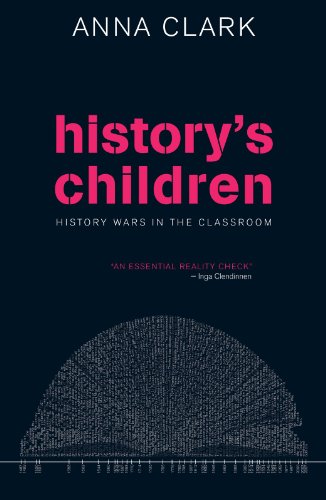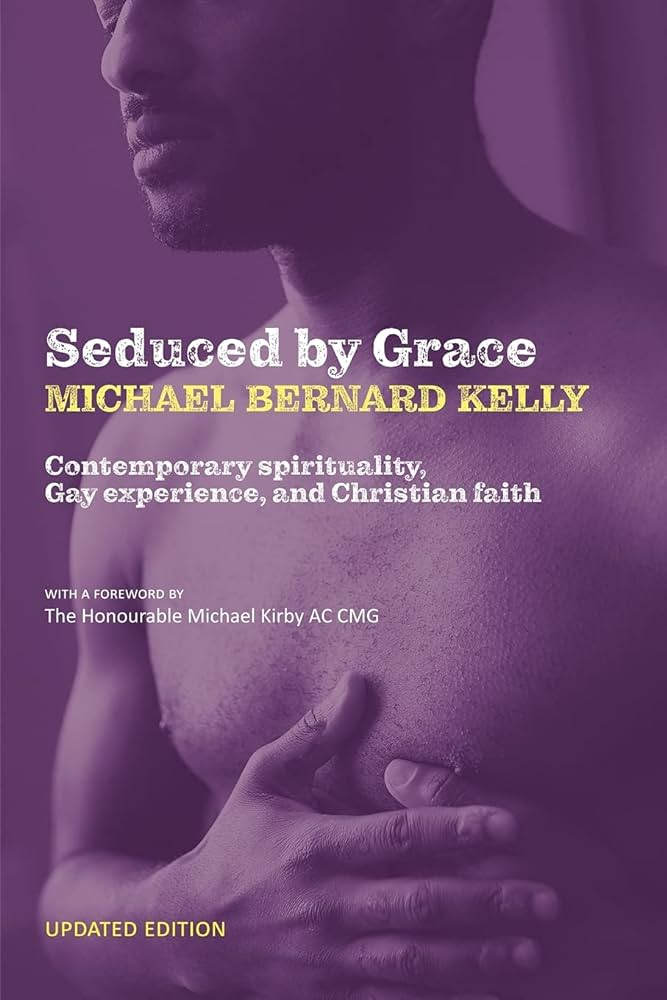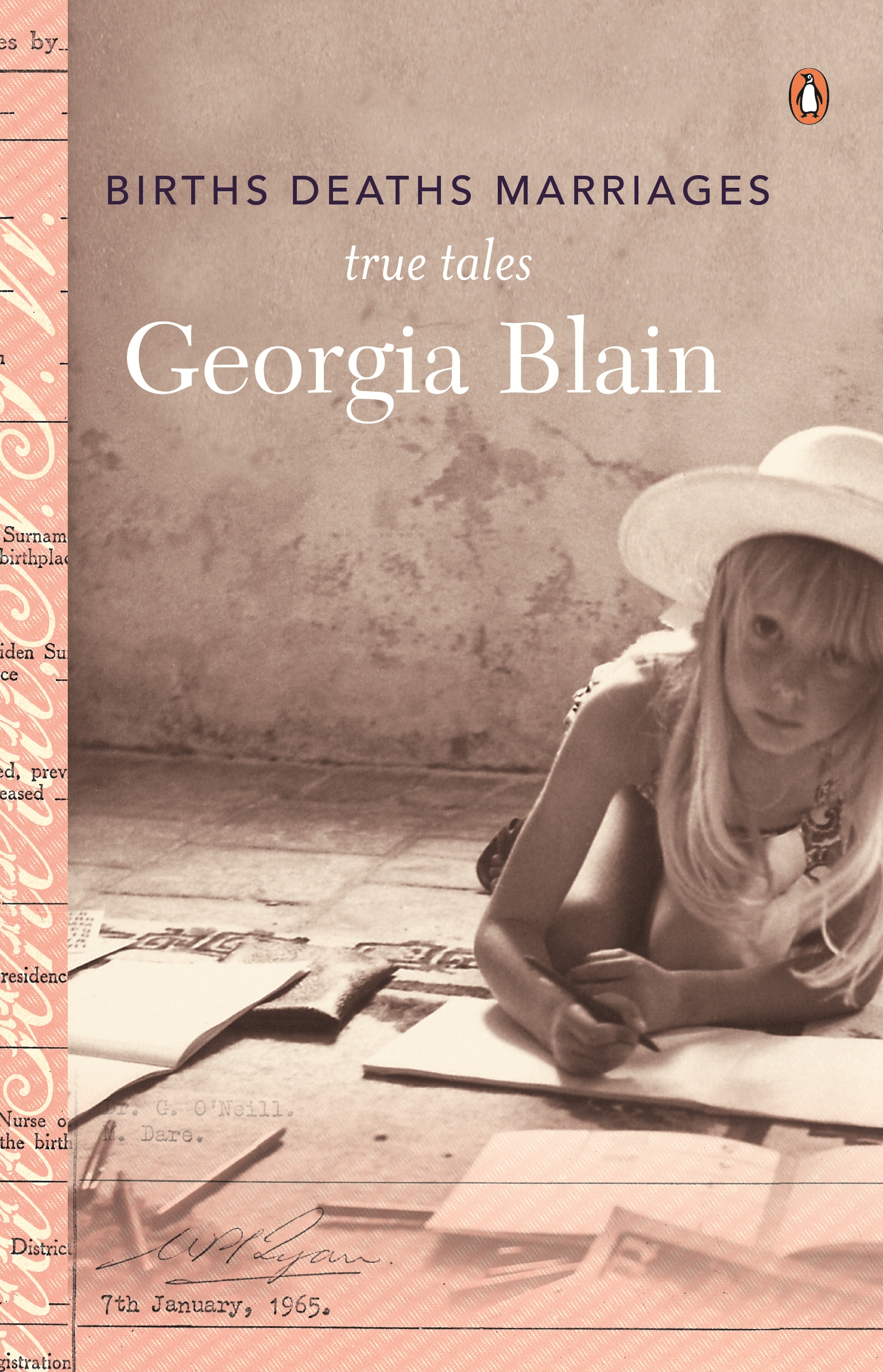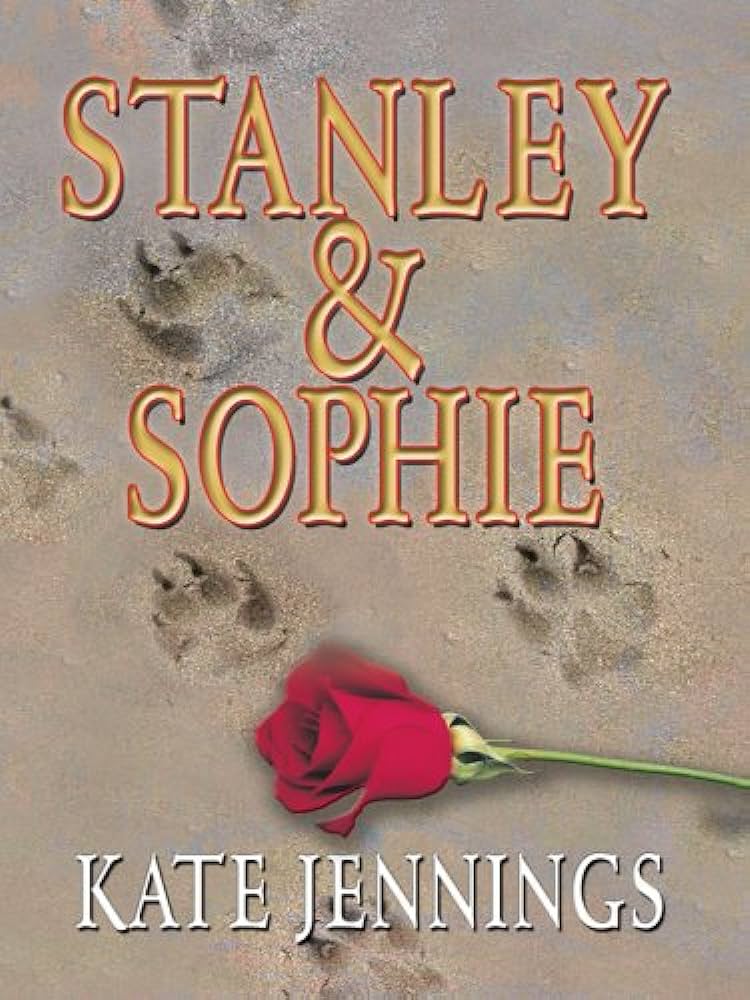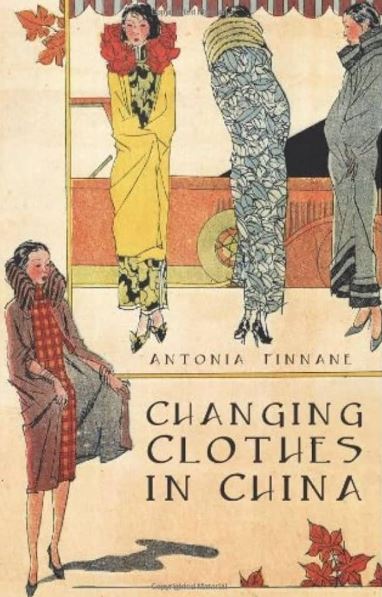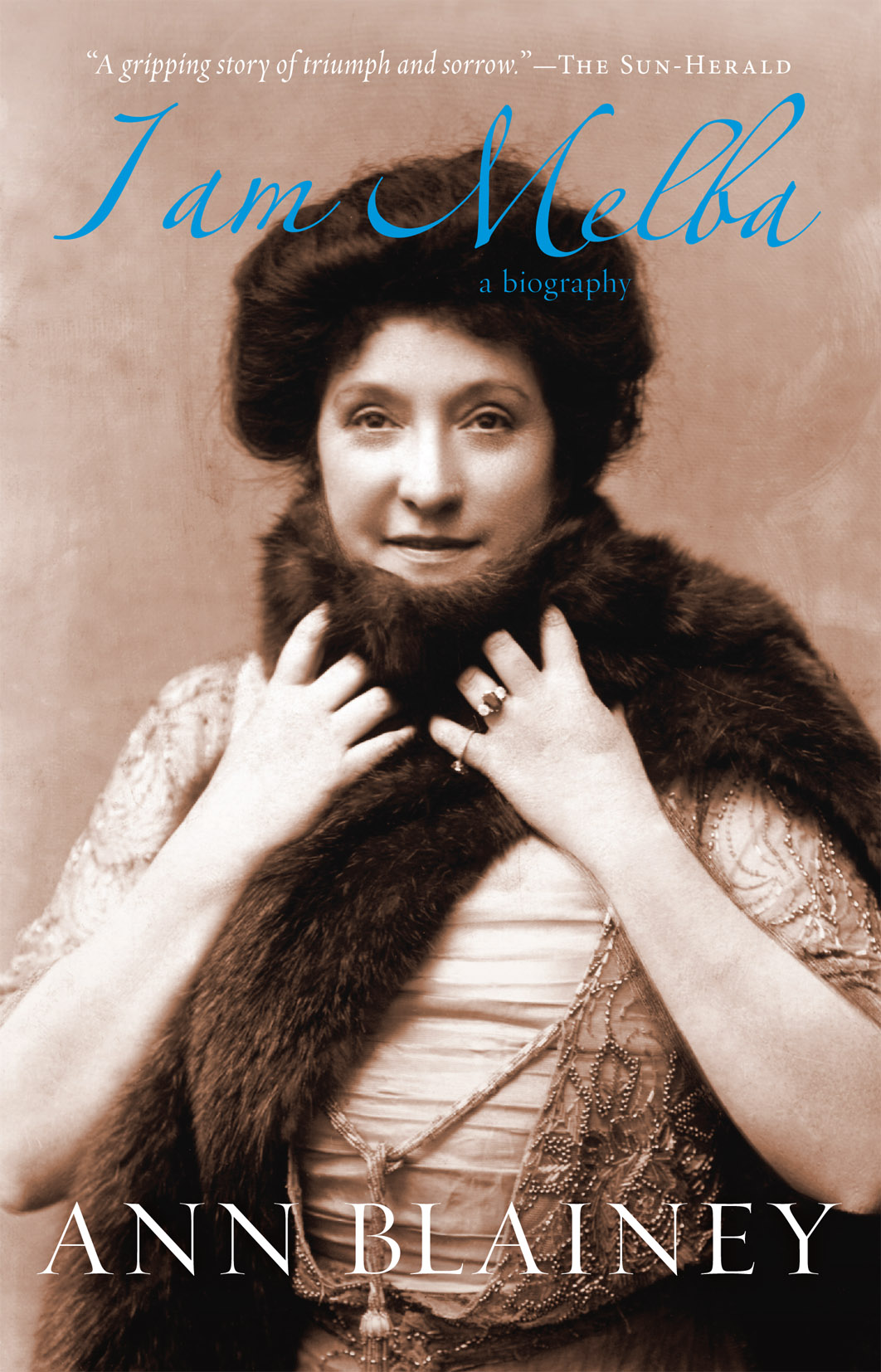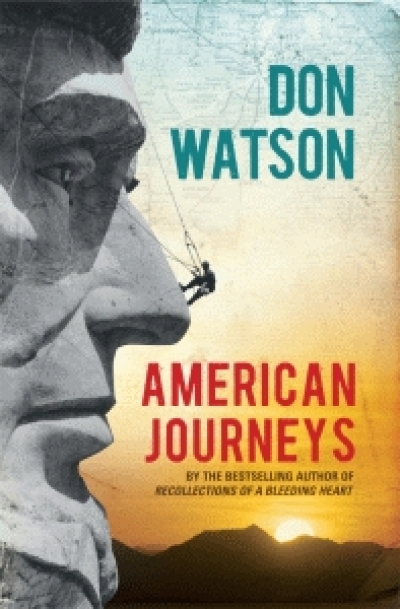Non Fiction
The Failure of Poetry, The Promise of Language by Laura (Riding) Jackson, edited by John Nolan
Laura Riding, sometime poet and citrus-grower has risen from the grave to deliver this series of attacks on poetry and its untruthfulness. She comes back to us now in a posthumous gathering of essays and shorter notes, The Failure of Poetry: The Promise of Language. It will certainly get people’s backs up.
... (read more)Captain Charles, Engineer of Charity: The remarkable life of Charles Gordon O’Neill by Stephen Utick
In 1881 Charles O’Neill abandoned a career in New Zealand and moved to Sydney, settling in The Rocks, close to the Marist fathers at St Patrick’s on Church Hill. Soon he had gathered about him a group of men keen to do something about the poverty they saw around them under the name of the Society of St Vincent de Paul. O’Neill was then in his early fifties, having been born in 1828 in Dumbarton, Scotland, the youngest of eleven children in the family of Irish Catholic parents.
... (read more)This is an honest, modest report of what students and teachers across the country think about the teaching of Australian history in schools. Anna Clark has allowed her subjects to speak for themselves; being a scrupulous historian, she has not edited their offerings. So we hear words like these: ‘Now they’re having like record numbers [at Anzac Day], and like huge ceremonies all over Australia and they’re like young people that respect it’; and ‘Reading a textbook, when you have to like read three pages of a textbook, and then the teacher’s like, “Do the questions”...’ An enduring value of this book will be its record of teenagers’ spoken English in the first decade of the twenty-first century. It makes for rather tiresome reading, but it is salutary to be constantly reminded of where students are at, like.
... (read more)Seduced by Grace: Contemporary spirituality, gay experience and Christian faith by Michael Bernard Kelly
Michael Bernard Kelly is perhaps best known for his association with the Rainbow Sash Movement, a group of gay and lesbian Catholics and their supporters who have, from time to time, been refused Holy Communion when attending Mass wearing the rainbow sash. Cardinal Pell, formerly archbishop of Melbourne, now of Sydney, has been a particular target. Kelly describes himself as the movement’s ‘writer, spokesperson and co-convenor’. For him the sash is ‘a symbol of gay visibility and dignity within the Catholic Church’, and the movement challenges what he sees as the hypocrisy of the Church’s continuing condemnation of homosexuality.
... (read more)Births Deaths Marriages by Georgia Blain & The After Life by Kathleen Stewart
Each of these memoirs – Births Deaths Marriages: true tales, by Georgia Blain, and The After Life: A Memoir, by Kathleen Stewart – is the work of an accomplished novelist, and each writer is well aware of the risks involved in the shift of mode. If the novel, as Blain maintains, provides a place for the writer to hide, the memoir is the place of self-exposure, of speaking the truth, or a version of the truth. Although it is the wellspring of all creativity, to write about the life, to pin it down, is in a sense to distort it. Memory is unreliable and bias is inevitable. There is also the problem of exposing others, and the others in each of these memoirs are easily identified. Each writer faces the challenges of memoir in an entirely different way. The narrative voice in Births Deaths Marriages is thoughtful and contemplative; the account qualified at times by self-doubt. Stewart’s account, on the other hand, is sure of its truth. It is dramatic, forceful and defiant.
... (read more)How many books should an author have under their belt before they indulge in a piece of frippery? When John Steinbeck wrote Travels with Charley (1962), about his journeys across the country with his poodle, it must have been hard not to see it as a comedown from The Grapes of Wrath (1939). Adding the subtitle (‘In Search of America’) can’t have been enough to convince anyone that this was anything more than a writer who knew he was nearing the end of his life and career, going for a drive with his dog. By then, however, Steinbeck was widely regarded as having earned a certain licence.
... (read more)Changing Clothes in China: Fashion, History, Nation by Antonia Finnane
The juxtaposition of the three words ‘fashion,’ ‘history’ and ‘nation’ in the title of Antonia Finnane’s study of Chinese clothing indicates the ambitious nature of her richly illustrated book. Her account is an engaging one, based in detailed analysis of the social and political circumstances that shaped not only what people wore but the body shapes they cultivated as well. Finnane, an associate professor of history at the University of Melbourne, tells us that her narrative of vestimentary change across a century or more in China is aimed at showing how ‘the relationship between national politics and fashion is not simple, predictable or steady’, in tandem with an analysis of how technology, industry, commerce and modern communications each played a significant part in changing Chinese styles of dress.
... (read more)On page sixty-two of Ann Blainey’s thoroughly researched, excellently written and beguilingly human biography of Nellie Melba there occurs a transition that is simple but that defines, in an instant, the moment the singer went from learner to legend. It happens when the young singer, under the wing of Madame Marchesi (née Mathilda Graumann; nickname ‘the Prussian drill-master’), is ready to make her public European début and requires a new surname. ‘Armstrong’ had to go; in its place, there had to be something ‘distinctive and memorable’:
... (read more)There must be some part of the human psyche which secretly thrills at the idea of inflicting unbearable pain on others. How else to explain the fact that torture has been practised in every civilisation in every age? How else to explain the desperate cruelty and awesome ingenuity of the torturer’s craft?
... (read more)Travel in America is a journey crowded with literary acquaintances. For centuries visitors have striven to make sense of the United States, drawn by its energy, admiring or disturbed by its civic culture. Charles Dickens visited twice, in 1841 and 1867, capturing his observations in American Notes (1842) ...
... (read more)



